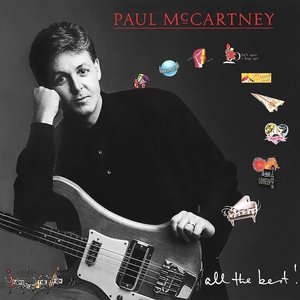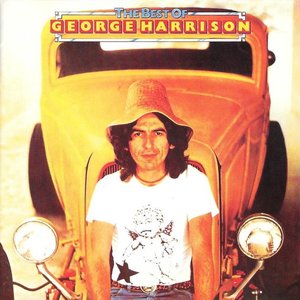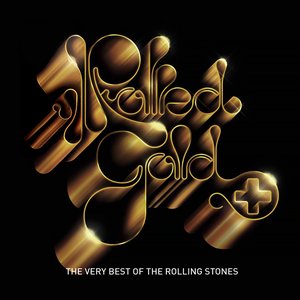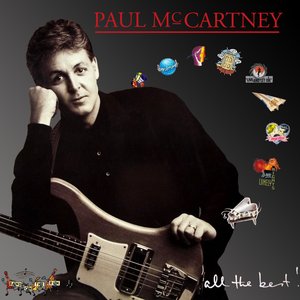Wiki
-
Length
3:42
"The Long and Winding Road" is a song written by Paul McCartney (credited to Lennon/McCartney) and recorded by The Beatles for their 1970 album Let It Be. It was their last #1 song
Recording
January 1969
McCartney premiered "The Long and Winding Road" on 7 January 1969 during the Beatles' filmed rehearsals at Twickenham Film Studios for their 1970 film Let It Be. After they abandoned thoughts of returning to public performance, and instead decided to make a new album, the band recorded several takes of the song at their Apple Studio in central London on 26 January and again on 31 January. The line-up was McCartney on lead vocals and piano, John Lennon on six-string bass guitar, George Harrison on electric guitar played with a Leslie speaker effect, Ringo Starr on drums, and guest keyboardist Billy Preston on electric piano. Lennon, who rarely played bass, made several mistakes on the recording.
As seen in the Get Back documentary, following the 26 January recording session, the band discussed the possibility of adding an orchestral accompaniment to the song. "The only way I've ever heard it in my head," McCartney said, "is like Ray Charles's band…. We were planning to do it anyway for a couple of numbers, just to have a bit of brass and a bit of strings." George Harrison supported the idea of a brass accompaniment: "It would be nice with some brass just doing the sustaining chord thing, moving and just holding notes."
In May 1969, Glyn Johns, who had been asked by the Beatles to compile and mix the Get Back album from the sessions, selected the 26 January recording. The 31 January take, which had slightly different lyrics and was recorded with Johns in an unofficial producer's role, was used in the film, subsequently titled Let It Be.
April 1970
In early 1970, Lennon and Harrison asked the Beatles' manager, Allen Klein, to turn over the January 1969 recordings to American producer Phil Spector, in the hope of salvaging an album to accompany the Let It Be documentary film. McCartney had become estranged from his bandmates at this time, due to his opposition to Klein's appointment as manager. Several weeks were lost before McCartney replied to messages requesting his approval for Spector to begin working on the recordings. Spector chose to return to the same 26 January recording of "The Long and Winding Road".
Spector made various changes to the songs. His most dramatic embellishments occurred on 1 April 1970, the last ever Beatles recording session, when he added orchestral overdubs to "The Long and Winding Road", "Across the Universe" and "I Me Mine" at EMI Studios. The only member of the Beatles present was Starr, who played drums with the session musicians to create Spector's characteristic Wall of Sound. Already known for his eccentric behaviour in the studio, Spector was in a peculiar mood that day, according to balance engineer Peter Bown: "He wanted tape echo on everything, he had to take a different pill every half-hour and had his bodyguard with him constantly. He was on the point of throwing a wobbly, saying 'I want to hear this, I want to hear that. I must have this, I must have that.'" The orchestra became so annoyed by Spector's behaviour that the musicians refused to play any further; at one point, Bown left for home, forcing Spector to telephone him and persuade him to return after Starr had told Spector to calm down.
Spector nonetheless succeeded in overdubbing "The Long and Winding Road", using eight violins, four violas, four cellos, three trumpets, three trombones, two guitars, and a choir of fourteen women. The orchestra was scored and conducted by Richard Hewson, a young London arranger who had worked with Apple artists Mary Hopkin and James Taylor. This lush orchestral treatment was in direct contrast to the Beatles' stated intentions for a "real" recording when they began work on Get Back.
On 2 April, Spector sent each of the Beatles an acetate of the completed album with a note saying: "If there is anything you'd like done to the album, let me know and I'll be glad to help … If you wish, please call me about anything regarding the album tonight." All four of the band members sent him their approval by telegram.
Dispute over Spector's overdubs
McCartney had felt the need to accommodate his bandmates when accepting Spector's version of Let It Be. However, following his announcement of the Beatles' break-up in a press release accompanying the release of his debut solo album, McCartney, on 9 April, he came to resent Spector's additions, particularly on "The Long and Winding Road." On 14 April, with manufacturing underway for Let It Be, he sent a terse letter to Klein, demanding that the harp be removed from the song and that the other added instrumentation and voices be reduced. McCartney concluded the letter with the words: "Don't ever do it again." Klein attempted to phone McCartney but he had changed his number without informing Apple; Klein then sent a telegram asking McCartney to contact him or Spector about his concerns. According to Klein, "The following day, a message was relayed to me that the letter spoke for itself." With Let It Be scheduled for release in advance of the film, Klein allowed the production process to continue with Spector's version of "The Long and Winding Road" intact.
Group-ending Lawsuit
McCartney asked Klein to dissolve the Beatles' partnership, but was refused. Exasperated, he took the case to the High Court in London in early 1971, naming Klein and the other Beatles as defendants. Among the six reasons McCartney gave for dissolving the Beatles was that Klein's company, ABKCO, had imposed changes to "The Long and Winding Road" without consulting McCartney.
Track descriptions on Last.fm are editable by everyone. Feel free to contribute!
All user-contributed text on this page is available under the Creative Commons Attribution-ShareAlike License; additional terms may apply.

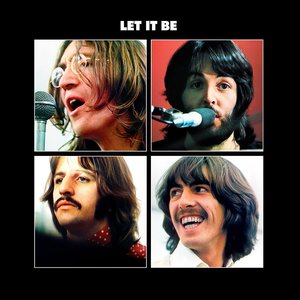
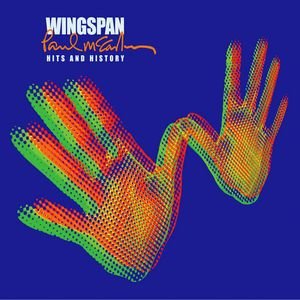
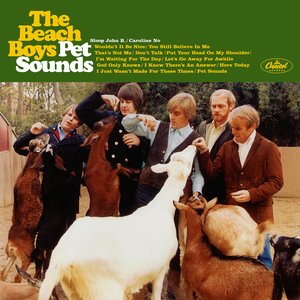
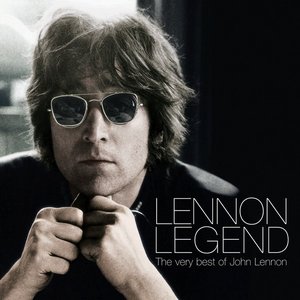
![All Things Must Pass (50th Anniversary) [Super Deluxe]](https://lastfm.freetls.fastly.net/i/u/300x300/ad6f36412e2e164f5e6c93287870d05c.jpg)
